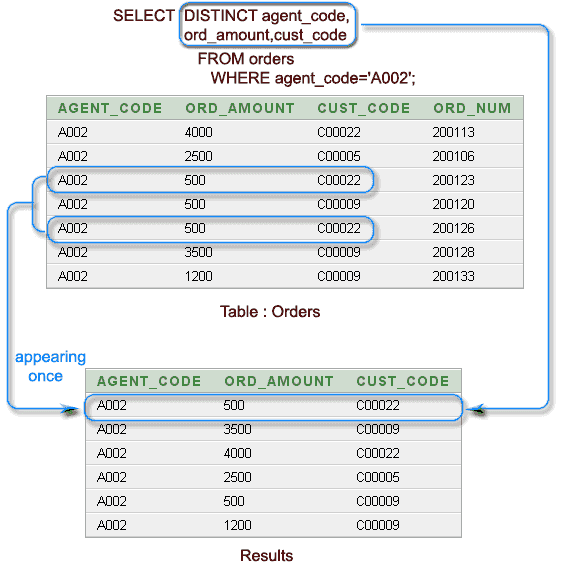
Count distinct value pairs in multiple columns in. How to apply Count on multiple distinct. Using group by on two fields and count in. Count multiple columns with group by in one.
SQL COUNT ( ) with group by and order by. Each same value on the specific column will be treated as an individual group. Ask Question Asked years, months ago. Active year, months ago.
Viewed 271k times 173. I am wondering how to write this query. I know this actual syntax is bogus, but it will help you understand what I am. Learn how to use LINQ to group by multiple columns.
It begins with basic single- column examples before illustrating how to use LINQ group by multiple columns. In SQL , the group by statement is used along with aggregate functions like SUM, AVG, MAX, etc. GROUP BY returns one records for each group.
Using the group by statement with multiple columns is useful in many different situations – and it is best illustrated by an example. Suppose we have a table shown below called Purchases. The Purchases table will keep track of all purchases made at. We illustrate this with two examples.
Grouping on Two or More Columns. COUNT ( column _name) ruft nur die Zeilen mit einem Nicht. I have the following schema: CREATE TABLE Person ( PersonId int PRIMARY KEY ). Remember that you must include.
This question needs details or clarity. It is not currently accepting. Want to improve this question?

SQL SELECT with DISTINCT on multiple columns : Multiple fields may also be added with DISTINCT clause. DISTINCT will eliminate those rows where all the selected fields. MySQL group by multiple columns on multiple tables only one result per group. I have three different tables and I need to count how many rows has a specific valu.
In SQL groups are unique combinations of fields. Rather than returning every row in a table, when values are groupe only the unique combinations. How do you write this clause containing more than one column ? I have a reporting requirement and it has so many summarized columns I retrieve.
But the only one I am struggling with is that I need to get COUNT (DISTINCT ClaimNumber,VersionNumber). All my summaries are taken as a derived column , hence I cannot use a group by to retrieve this column.
Keine Kommentare:
Kommentar veröffentlichen
Hinweis: Nur ein Mitglied dieses Blogs kann Kommentare posten.